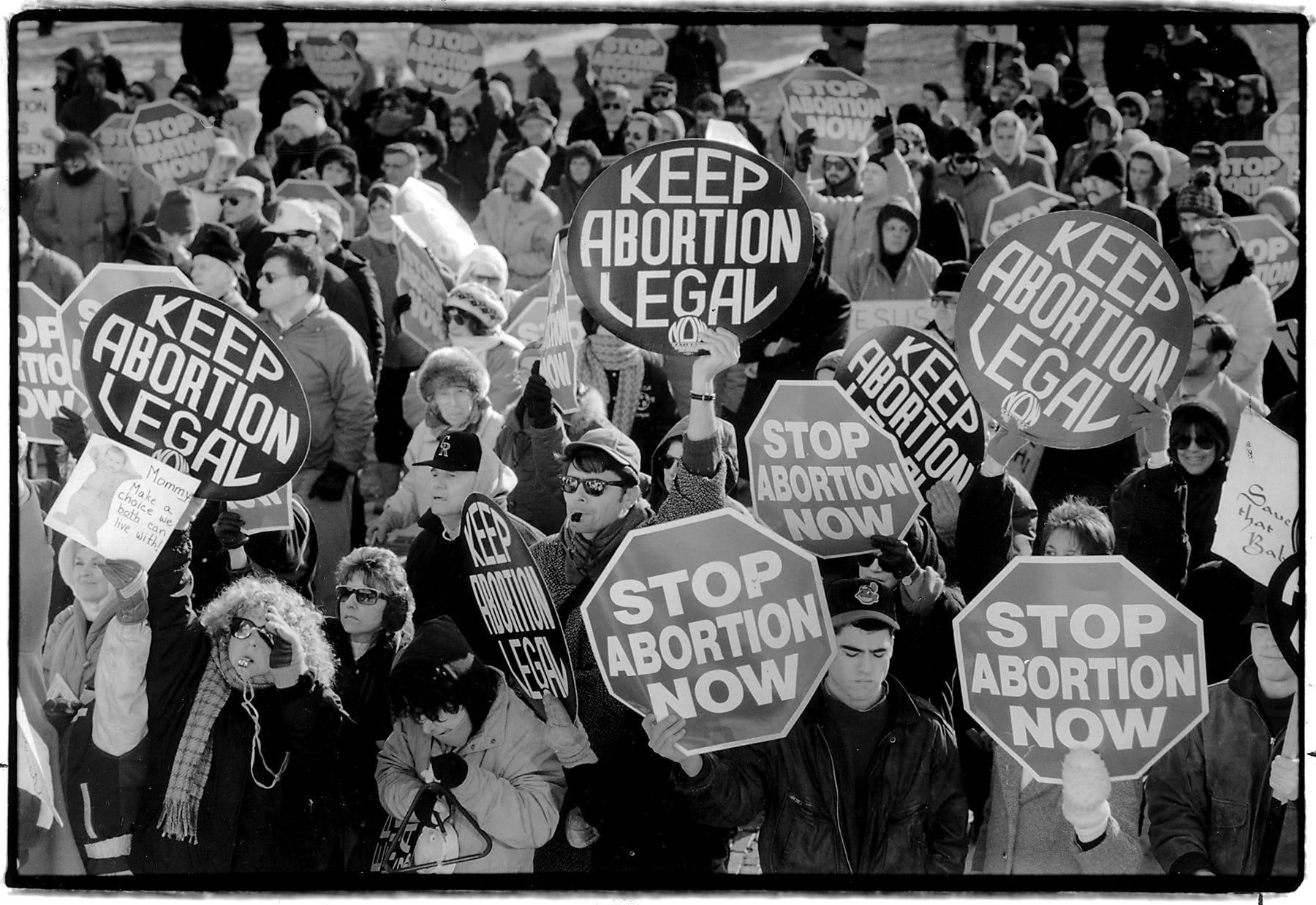US Supreme Court reportedly set to overturn Roe vs. Wade
The US Supreme Court is set to overturn the landmark abortion rights decision of Roe vs. Wade, according to a leaked draft of the decision reported by Politico late Monday. The draft, written by Justice Samuel Alito, explains the court’s apparent plan to reverse the 1973 ruling, noting that “Roe was egregiously wrong from the start” and that it’s time to “return the issue of abortion to the people’s elected representatives.” If true, this means the court is siding with Mississippi in its push to ban abortions after 15 weeks of pregnancy. While SCOTUS drafts do not always reflect final decisions, Eurasia Group’s lead US political analyst Jon Lieber believes the draft is a sneak peek of what’s to come. “Court watchers seem to think the document is a legitimate draft, and given the makeup of the court it sure reads like the majority decision I expected to see,” Lieber says. “So I think this is both real and reflects the reality that Roe vs. Wade will be overturned this year."
Victory Day in Russia
How will Vladimir Putin use this year’s May 9 Victory Day celebration, which commemorates the Soviet triumph over Hitler’s legions in 1945? He can’t announce the capture of Kyiv and the installation of a Kremlin-compliant president there. The Russians may eventually take another run at Kyiv, but not next week. Putin might announce the “liberation” of the Donbas and the territories that connect it to Russian forces in Crimea. But there’s also growing speculation that Russia’s president may use the May 9 event to make an announcement that’s far more dangerous, both for the West and for Putin personally. Britain’s defense minister has speculated that Putin might finally set aside his “special military operation” to declare “war” on Ukraine – and that his next steps could include the large-scale conscription of young Russian men into the military. That would instantly up the political stakes for Putin inside Russia. He might even declare a kind of “war” on NATO. That need not mean World War III, but it would be a statement of Russia’s intent to intensify economic pressure, military provocations, and cyber harassment of Ukraine’s Western backers.
ISIS terrorizes Afghanistan
Things in Afghanistan are going from bad to worse. Over the past few weeks, more than 100 Afghans have been killed in terror attacks, most of which have been claimed by ISIS-K, an offshoot of the Islamic State movement that expanded to Central Asia in 2015. While mainly Shiite areas have been targeted, last week the group also bombed a Sufi mosque, so the widespread attacks no longer appear to have sectarian motives. So what is ISIS’s game plan? It clearly wants to antagonize the Taliban, which it says insufficiently enforces Shariah law. The two groups have clashed over territory in the past, and several disillusioned Taliban members have defected to ISIS-K. While the Taliban is striving to gain international legitimacy and unlock frozen foreign funds, ISIS-K is sewing chaos and undermining the ruling regime’s authority. The Taliban, which vowed to ensure Afghanistan's national security upon assuming power last summer, recently arrested one senior ISIS leader. Still, blood continues to flow, with one Afghan academic warning of “a spring and summer of destruction.”
Macron’s problem on the left
In a big shakeup to French politics, Jean-Luc Mélenchon, who heads the far-left France Insoumise Party and came a close third in the first round of the presidential election, has struck a deal to join forces with the Green Party. The bloc said it wouldn’t push for France to leave the EU, but it was “ready to disobey European rules.” This is bad news for President Emmanuel Macron, who needs his La République en Marche Party to gain a majority in legislative elections in June in order to pursue his pro-business, pro-EU policy agenda. Mélenchon is currently also courting the Socialist and Communist parties to join his anti-Macron coalition, hoping that if he gains enough votes this summer, Macron will be forced to tap a far-left PM to steer the legislative agenda. Still, Eurasia Group analyst Mujtaba Rahman says this is unlikely given that centrists and right-of-center voters will now be more energized to come out and vote to quash the far-left’s potential rising influence.
